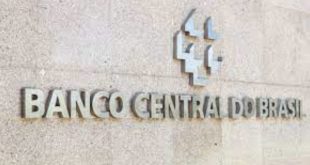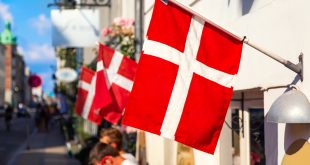SBC News caught up with Remote Gambling Association Chief Executive Clive Hawkswood to ask him a few questions about his organisation’s new ground-breaking agreement with GamCare and Gordon Moody Association for protecting vulnerable people using self-exclusion.
SBC: What has been the biggest challenge in setting up a self-exclusion system for remote operators?
Clive Hawkswood: For individual remote operators, self-exclusion works well and is clearly one of the more effective harm minimisation measures. The challenge is that customers can then go and open an account somewhere else and carry on as if nothing had happened. It is extremely difficult to know how frequently this happens in reality, but it is an accusation that is thrown at the industry. We have collectively sought to improve measures whenever we can, but this is not a challenge that the industry can address alone and our position remains that a national self-exclusion system can only work properly if administered by a statutory authority such as a gambling regulator.
SBC: Can players self-exclude themselves or would they have to be referred from GamCare or Gordon Moody Association?
CH: Players have always been able to self-exclude themselves, but the RGA agreement with GamCare and Gordon Moody will enable their clients as part of the counselling process to self-exclude simultaneously from all RGA members that they have accounts with.
SBC: Given the ease at which customers can move from site to site online, how effective is self-exclusion for online gambling? Has there been any research or are we entering new territory?
CH: There is no academic research that throws any real light on the issue except to say that self-exclusion as a facility for customers is a useful tool. Information therefore tends to be anecdotal in nature, but we understand that the UK Gambling Commission is about to undertake a review of the issues.
SBC: Can non-RGA members sign up to be involved? Is that something you would encourage or would there be a cost?
CH: The initiative has only recently been launched so the treatment providers and ourselves will want some time to assess its effectiveness, but in principle we certainly wouldn’t object to non-RGA members getting involved. That would largely be a decision for GamCare and Gordon Moody to take though. There are no funding issues, but there may be some resource demands within individual companies.
SBC: Has online self-exclusion been broached at a regulatory level given that Denmark has a system up and running and it’s been proposed for Holland?
CH: It has certainly been raised frequently in the passage of the Gambling Bill that is going through Parliament and it does get mentioned in most new licensing jurisdictions. France and Denmark for instance already have national schemes for online and it has also been proposed in Ireland.









